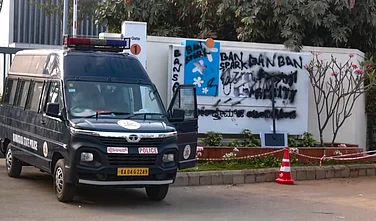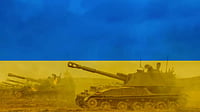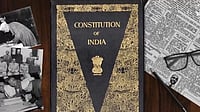“They (decision-makers) that you always wonder about, are just ‘us’; you realise later that a lot of the people you work with, end up becoming the said decision-makers, thus making you part of said ‘they’ circle, which is terrifying.”
—Captain Nathaniel Fick, Tech exec, author & ex-US Marine Corps officer
In a dimly-lit hostel room at the Jawaharlal Nehru University, a vitriolic debate raged on between two inebriated PhD students about the state of the nation. As usual, everything was going to the dogs and they were looking for a scapegoat. The usual suspects had already been treated with the appropriate amount of sneer.
What they were really struggling with though, was this: who were these decision-makers that had let the country go to the dogs and allowed criminals and politicians to run free. They rattled off all the “guilty parties”—the corrupt officers, the sold-out media, and so on.
As I listened to them, I remembered that one of them was the son of an IAS officer, while the other’s mother was the editor of a national daily. But it was always ‘them’ and never ‘us’. The more striking realisation was that both the honourable drunks were fine citizens themselves, with excellent academic track records. A year later, one of them became an administrative officer, while the other now writes for the same national paper he had ridiculed. A few years or decades down the line, I figured, those same friends would become top bureaucrats and editors—the very same positions of power they seethed at.
When we think of friendships and the big problems of our world, we effortlessly externalise them. Systems are the problem, the State is pernicious, oppressive and omnipresent, and criminals are always people we don’t know. The raging issues take place outside our spheres. We are innocent victims. It’s always some shadowy, sinewy hand somewhere else that’s pulling the strings.
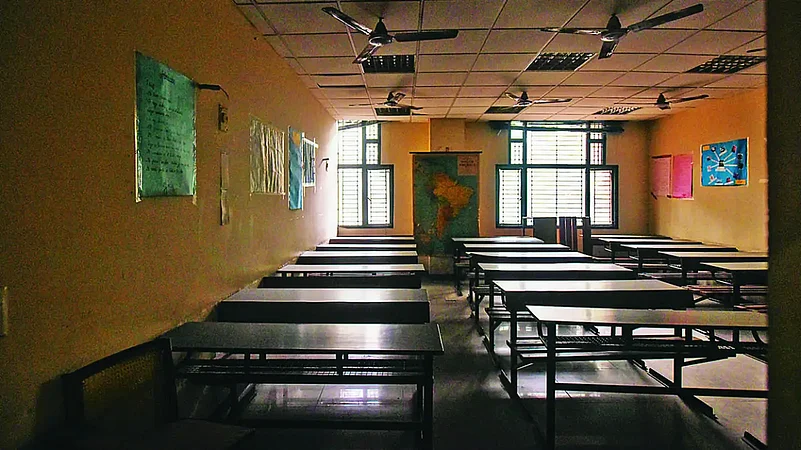
The sobering realisation though, is that ‘they’ are really ‘us’. It’s your friend’s circle, your colleagues and your family. The older we grow, the more apparent this truth becomes. A good analogy is your school.
We all remember the rite of passage from junior to secondary school, where we walked in as misty-eyed kids for the first assemblies, and stared in awe at the senior house captains and head boys who marshalled us around. An eye-blink later, suddenly, we were the ones with the badges on, spending our mornings shepherding unruly, awe-struck juniors. When did we become them?
As we ruminate on the meaning of our friendships, our circles grow smaller. People drop in and out of our lives. Some stay constant, but most disappear in time’s mist. Yet, we all keep mental notes of those who are relevant. Applying for a new job? You rustle up that friend of your sister’s who you know was just made manager there. Never liked that friend who called himself Singham? The next time the traffic police catch you running the light, he’s your first call because he now wears the stripes of an IPS. Lost touch with that medical school friend because they were always studying? Your mother needs surgery, and she’s now one of the finest surgeons in the city.
We keep our close ones tight, but most modern-day friendships exist in the purgatory of the favour economy. We keep a mental note of those we know will be useful. Their numbers and handles survive the periodic purges of our contact lists and Instagram followers.
The former boozehound-turned-officer met me for a drink. He was tired and haggard, and apologised for being late. Some student activists in his district had staged a protest that had him working overtime. Do they have nothing better to do like attend class or stare at paint dry, he complained. I pointed out that not too long ago, he had been that same student activist, railing against the State. He mulled this over and said, “No man, I was never as bad as these chaprasis.” No, I conceded, you were far worse.
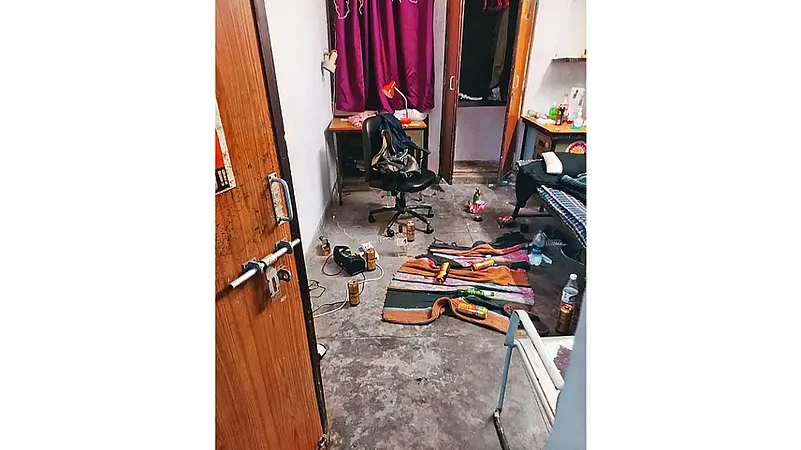
It both terrifies and excites me that the people I know, and the people they know, are the professionals, citizens and leaders—decision-makers of tomorrow.
When we think about our friendships, we think of all the things that matter. Love, time spent, experiences shared and bonds forged. But it’s also important to add the lexicon of power to how we conceptualise our friendships.
The pandemic made this truth more real than at any time before. When the institutions of the State failed, hospitals were billeted as full, and supplies ran below minimum, we all fell back on our friends and networks to help us out. Everyone knew someone, and that was how vials of Fabiflu or oxygen tanks popped up at homes, and beds got freed up in choked emergency wards.
We always think the powerful know the powerful and that’s how the world runs, but very often we ignore that our friendships also make this world run. How we are, who we know and everything we do, ultimately reflect on the decisions we think are beyond us. Because, at the end of the day, it is always someone we know who is making those decisions. We wouldn’t have it any other way, would we?
(This appeared in the print edition as "Friends With Benefits")
(Views expressed are personal)
Kushagra Srivastava is a Delhi-based writer












